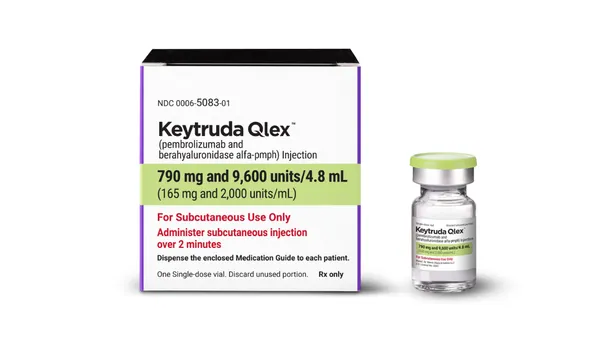Training for Increased Effectiveness Jim Dutton, President In addition to enhancing relationships with physicians, in-depth knowledge around disease-state areas, broadened with business ethics, skilled management, and industry knowledge can improve retention and allow representatives and managers to be more successful. CMR Institute CMR Institute, Roanoke, Va., is a provider of time-proven training curricula, certification programs, and fast-response, tailored knowledge-building solutions. For more information, visit cmrinstitute.org. May 2006 VIEW on Sales Training Relationship Building Relevant and applicable content that delivers an extensive knowledge platform provides the foundation for effective educational solutions to meet the challenges facing the pharmaceutical industry today. One important strategy to meeting these challenges is for representatives to establish a collaborative relationship with physicians to bring the best possible care to the patient. Part of the job of training is to provide representatives with information about, and insights into, both the clinical and business aspects of healthcare while also providing a thorough grounding in product knowledge. Adding Value to the Rep-Physician Relationship Research shows that physicians perceive specialty representatives to be more knowledgeable and better sources of information than primary-care representatives. This may be because specialty representatives have typically received additional training. A product’s indication may fall within one therapeutic category, but other body systems may also be important. For example, successfully promoting a cardiovascular product may involve more than the cardiovascular system; metabolism and limitation are also important considerations, and representatives must understand all disease-state areas to successfully gain the respect of the physicians and clinicians on whom they call. Today’s physician needs more patient information as patients continue to assume a more active role in their healthcare than they did in the past. Compliance is also an important issue in therapeutic efficacy and cost-effectiveness. Furthermore, in managed-care arrangements, physicians often treat patients from many different health plans, which each have their own formularies. Knowledgeable representatives with accurate information are going to be in a strong position to help physicians deal with such practice challenges. It is much harder to practice medicine than it was in the past, in part because of the many business-related decisions that must be made by physicians who are already struggling to keep up with their patient load. The current situation with Medicare Part D has only complicated these problems. Representatives who can help physicians deal with these complex business-related issues will add value to their relationships with physicians. Another critical area that training organizations must address is helping to represent the industry and its products with integrity and business ethics. As pharmaceutical companies spend money and time complying with federal guidelines and legislations, such as Sarbanes-Oxley, it is important for representatives and managers to fully understand the ethical issues facing the industry. Representatives must also have the knowledge to be able to convey the value and critical role of pharmaceuticals in the healthcare continuum. Outcomes, research, and pharmacoeconomic studies provide a far greater benefit than do many other healthcare interventions. It is critical for reps to truly understand this value so that they can discuss pharmaceutical costs in a factual and nondefensive way. The Value of Comprehensive, In-Depth Training Effective learning experiences result from instructional materials that are applicable, interesting, easy to understand, and easy to use. Well-designed training programs delivered via distance learning, represent substantial savings over the costs — including travel, lodging, and, importantly, time out of the field — of bringing a group of people together in a classroom environment. To be truly effective, a representative must be able to do more than just recite facts about drugs. The real key to keeping representatives fresh and effective and to maximize management and leadership potential is to keep them learning. In addition to enhancing relationships with physicians, a well-rounded foundation of in-depth knowledge around disease-state areas, broadened with business ethics, skilled management, and industry knowledge can improve retention and allow representatives and managers to be better equipped to move up through the company.
An article from


Training for Increased Effectiveness
Filed Under:
Commercialization









